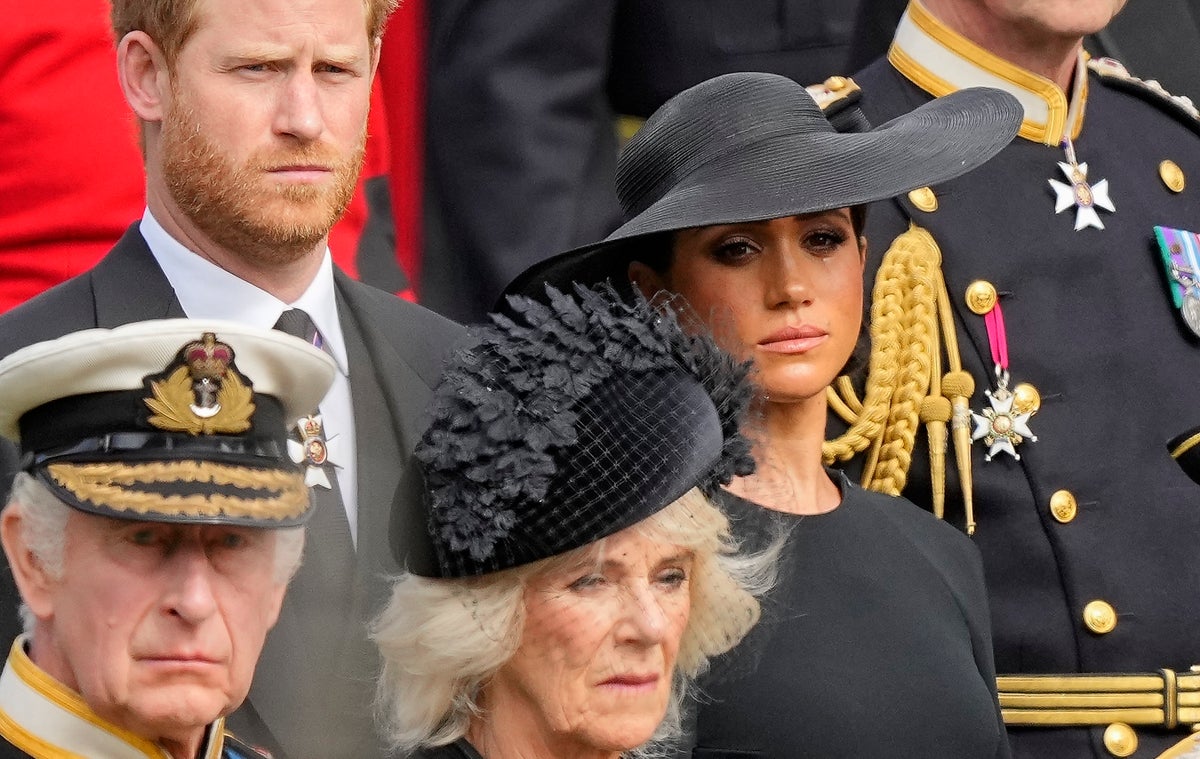
In an interview that has sent shockwaves around the world, Prince Harry has denied accusing the royal family of racism in the Sussexes’ Oprah Winfrey interview in March 2021, after Meghan Markle revealed an unnamed family member raised concerns about how dark their unborn son Archie’s skin would be.
“No I didn’t … the British press said that … did Meghan ever mention that they’re racist? …There was concern about his skin colour,” the duke told ITV’s Tom Bradby on Sunday night.
Even Bradby was taken aback, asking: “Wouldn’t you describe that as essentially racist?” Harry replied: “I wouldn’t, not having lived within that family.”
Instead, the Duke of Sussex went on to suggest that unconscious bias was to blame for his relative’s worry about how Black his unborn child would be.
Harry added: “Going back to the difference between what my understanding is because of my own experience, the difference between racism and unconscious bias, the two things are different.”
Unconscious bias is often referenced in cases where a person is unaware of prejudices, or unfair beliefs, that they hold about a group of people that affects their behaviour and decisions.
The Royal Society explains it as the following: “Unconscious bias is when we make judgments or decisions on the basis of our prior experience, our own personal deep-seated thought patterns, assumptions or interpretations, and we are not aware that we are doing it.”
Racism, whether conscious or unconscious, is a bias on the grounds of someone’s race.
The Oxford English Dictionary defines racism as “prejudice, discrimination, or antagonism directed against someone of a different race based on the belief that one’s own race is superior”.
Recently, Merriam-Webster, a leading US dictionary, updated its definition of the word to reflect the fact that racism equally denotes a system of skin colour-based prejudice: “The systemic oppression of a racial group to the social, economic, and political advantage of another,” it reads.
Importantly, unconscious bias doesn’t negate the harmful impact of a biased person’s thinking or behaviour which is perhaps the most crucial point of all.
Critical race theory argues that, because racism is everywhere and baked into societal structures, every person, whatever their race, can make decisions or behave in ways that contribute towards this system of oppression. Whether consciously or unconsciously is inconsequential.
Reni Eddo-Lodge, the author of Why I’m No Longer Talking To White People About Race, said in 2019: “Racism is not coincidental. It exists for a social purpose basically to compound power in the hands of white people. It’s actually very effective – if you look at our bastions of power in this country, there’s barely anybody who isn’t white.”
The notion that a person’s bias is unconscious is typically subjective; for example, it comes down to who says it is unconscious, why they believe this and how they measure or prove the extent to which a person is not aware of their bias.
Some thinkers argue that there is no such thing as unconscious bias. They submit that human beings interacting with one another are conscious by definition; that is, aware and responsive to their surroundings. The idea that a person with full cognitive abilities is totally unaware of their bias, on any level, is an oxymoron in and of itself, it has been said.
The former chair of KPMG, an accounting firm, resigned in disgust in 2021 after branding the concept of unconscious bias as “complete crap”.
“There is no such thing as unconscious bias, I don’t buy it. Because after every single unconscious bias training that has ever been done, nothing’s ever improved,” he said in an interview at the time.
It is a well-established fact that everyone has biases, shaped by our values and what motivates us.
Labels such as “unconscious bias” are often meted out to, at best, spare the guilty party’s feelings or, at worst, negate them of their responsibility for their behaviour.







